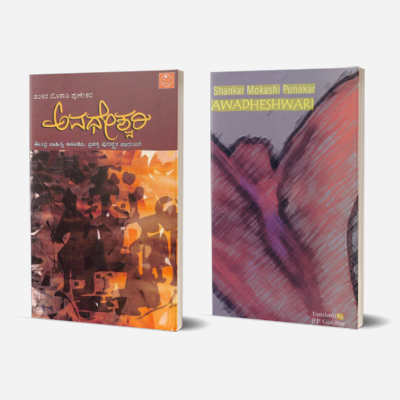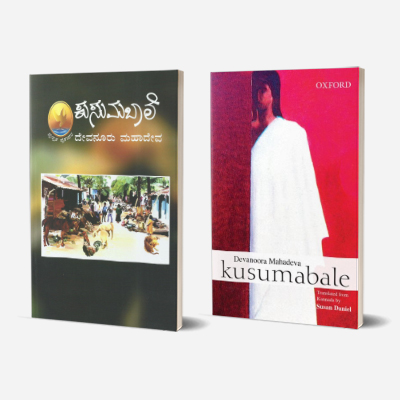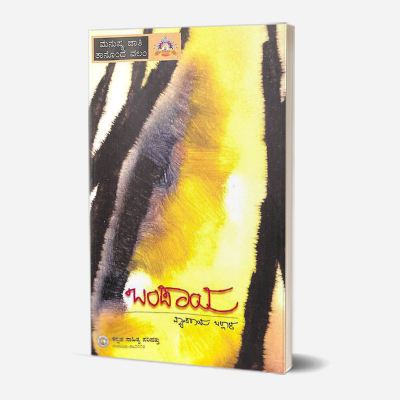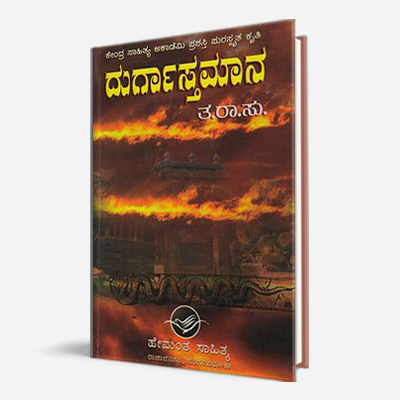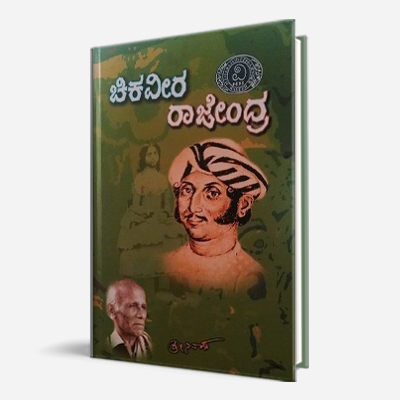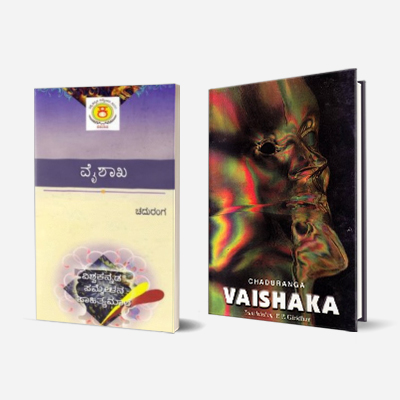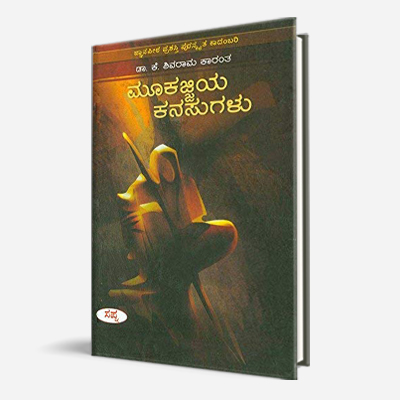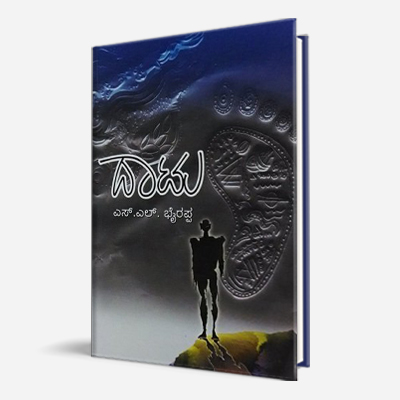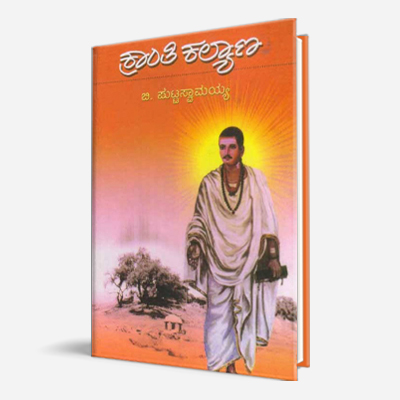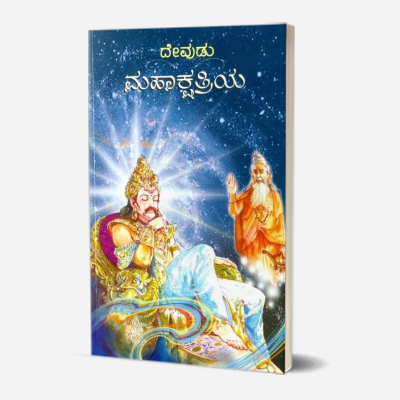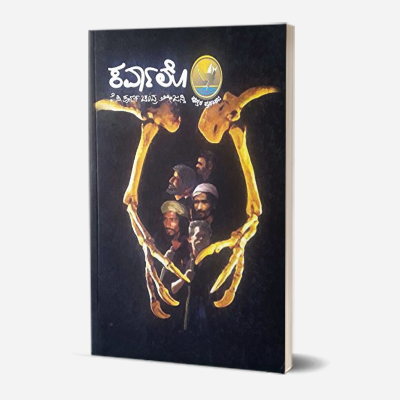Awadheshwari
By Shankar Mokashi Punekar
Translated into English by P.P. Giridhar
A well-researched political novel of the Vedic times and one among the all-time bests of creative fiction in Kannada, it is a brilliant word-picture of the social-political ethos of the period. In particular, it centres around the fulcrum of the practice of niyoga, the practice, prevalent at the time, of legal adultery, of an infertile husband allowing his wife to beget progeny from another man. Through a host of plots and subplots, it tells the reader how the practice came to an end. The first half of the book tells us the story of the Queen Purukutsani, and the second half is about her son, King Trasadasyu, as he tries to come to terms with secrets surrounding his birth. It also details Trasadasyu’s conflict with Vrisha Bhatta, a Rig Vedic Brahmin and his father, the cunning, lowly Bhima Bhatta. It received the Sahitya Akademi Award in 1988.
About the Author
Shankar Mokashi Punekar (1928-2004) was a well-known Kannada novelist, poet, literary critic and translator. Known to be radical and non-conformist in his views, Punekar’s output was prolific. Deeply critical of the modernist movement in Kannada literature, his own literary works were rooted in the past – not just in terms of the time period he set his works in, but also in terms of the narrative styles he employed. Punekar’s Gangavva Gangamayi, considered to be one of the first existential novels in Kannada literature, was based in the days of the freedom struggle. His second novel Awadheshwari (translated into English by P.P. Giridhar), a political novel about Vedic times was published in 1987 and awarded the Central Sahitya Academy Award in 1988.
Also read
Gangavva Gangamayi
Gangavva Gangamayi, Punekar’s celebrated novel is a brilliant portrayal of the clash between orthodoxy and modernity during the years of the Freedom Struggle, and which is credited with being the first existentialist novel in Kannada. Limited characters in this novel make the story an interesting read and brings the desired impact through their psychological depths. It deals with the conflict between two brahmin families and the consequent misunderstanding and rivalry between the two. The setting goes on alternating between a village called Bindagol and a district place called Dharwad. The novel begins with the rivalry between Gangavva, a widow and her own brother Raghappa. Her bitterness is caused by her feeling that Raghappa was responsible for her husband’s loss of landed property and therefore for his ultimate death. Though Gangavva Gangamayi deals with the family feuds caused by blood relation and property matters, it succeeds in giving us a glimpse of the contemporary Karnataka society of the forties. It shows the meaningfulness of human life by portraying the essential moral behind the apparent existential disorder.
